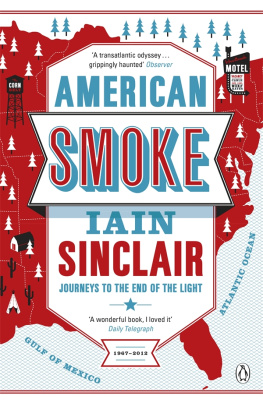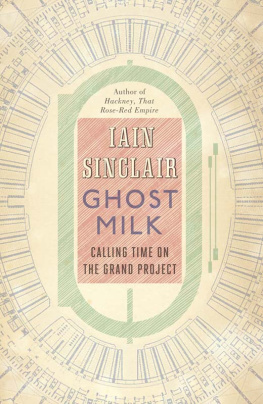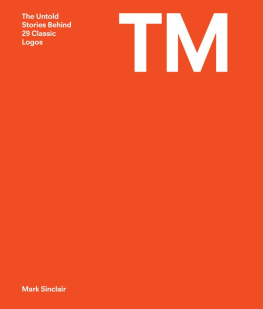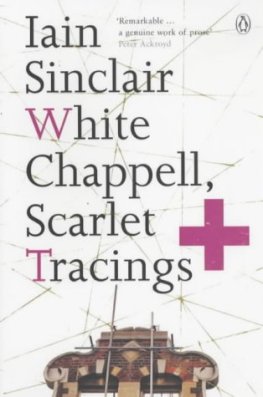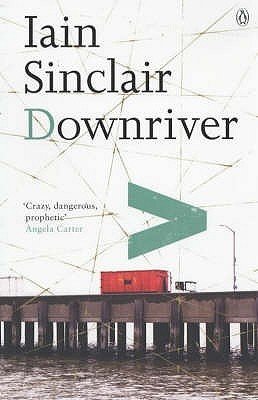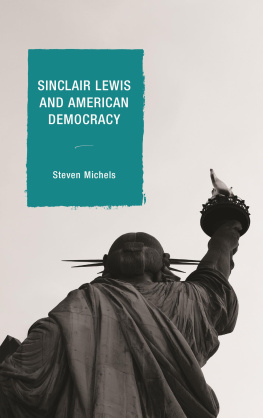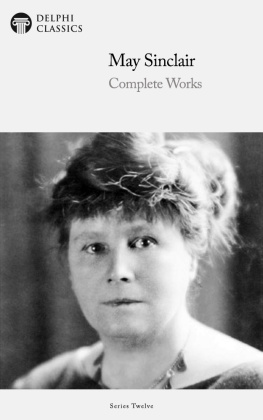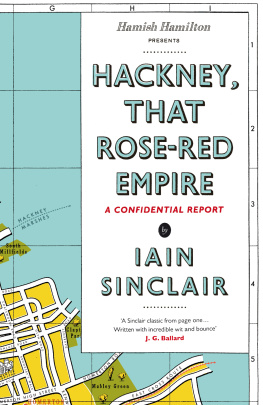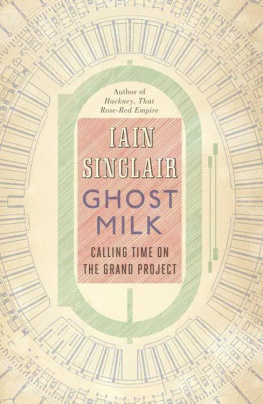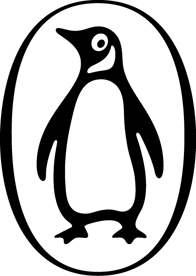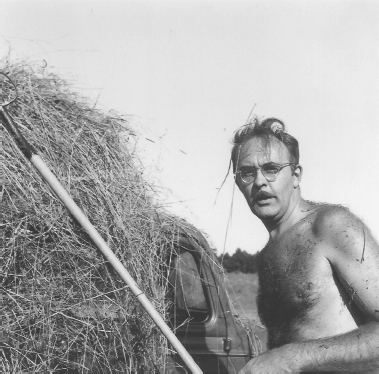HAMISH HAMILTON
Published by the Penguin Group
Penguin Books Ltd, 80 Strand, London WC2R 0RL , England
Penguin Group (USA) Inc., 375 Hudson Street, New York, New York 10014, USA
Penguin Group (Canada), 90 Eglinton Avenue East, Suite 700, Toronto, Ontario, Canada M4P 2Y3 (a division of Pearson Penguin Canada Inc.)
Penguin Ireland, 25 St Stephens Green, Dublin 2, Ireland (a division of Penguin Books Ltd)
Penguin Group (Australia), 707 Collins Street, Melbourne, Victoria 3008, Australia (a division of Pearson Australia Group Pty Ltd)
Penguin Books India Pvt Ltd, 11 Community Centre, Panchsheel Park, New Delhi 110 017, India
Penguin Group (NZ), 67 Apollo Drive, Rosedale, Auckland 0632, New Zealand (a division of Pearson New Zealand Ltd)
Penguin Books (South Africa) (Pty) Ltd, Block D, Rosebank Office Park, 181 Jan Smuts Avenue, Parktown North, Gauteng 2193, South Africa
Penguin Books Ltd, Registered Offices: 80 Strand, London WC2R 0RL , England
www.penguin.com
First published 2013
Copyright Iain Sinclair, 2013
The moral right of the author has been asserted
Cover design: Nathan Burton
All rights reserved
ISBN: 978-0-141-97127-8
Contents
By the same author
DOCUMENTARY
The Kodak Mantra Diaries
Lights Out for the Territory
Liquid City (with Marc Atkins)
Rodinskys Room (with Rachel Lichtenstein)
Crash (on Cronenberg/Ballard film)
Dark-Lanthorns
Sorry Meniscus
London Orbital: A Walk around the M25
The Verbals (interview with Kevin Jackson)
Edge of the Orison
London: City of Disappearance (editor)
Hackney, That Rose-Red Empire
Ghost Milk
Blakes London: The Topographic Sublime
Several Clouds Colliding (with Brian Catling)
Austerlitz & After
Objects of Obscure Desire
Swimming to Heaven: The Lost Rivers of London
Vulcanic Tryst (with Brian Catling)
FICTION
White Chappell, Scarlet Tracings
Downriver
Radon Daughters
Slow Chocolate Autopsy (with Dave McKean)
Landors Tower
White Goods
Dining on Stones
POETRY
Back Garden Poems
Muscats Wrm
The Birth Rug
Lud Heat
Suicide Bridge
Flesh Eggs & Scalp Metal: Selected Poems
Jack Elams Other Eye
Penguin Modern Poets 10
The Ebbing of the Kraft
Conductors of Chaos (editor)
Saddling the Rabbit
The Firewall: Selected Poems
Buried at Sea
Postcards from the 7th Floor
Red Eye
For Edith and Andrew, onwards and outwards
I return to find secrets. I return to rob them.
Robert Duncan
Two Men Smoking
and sees all things and to him
are presented at night
the whispers of the most flung shores
from Gloucester out
Ed Dorn
It was the season of autumn ghosts, a dampness in the soul. 2011 and London had lost its savour. A good step beyond midway through my dark wood of the world, I came to America, hoping to reconnect with the heroes of my youth. The largest, the most light-occulting of all the giants, that earlier race, was Charles Olson: poet, scholar and last rector of Black Mountain College. This establishment, a scatter of buildings beside a lake in North Carolina, now imploded, bankrupt, seemed to us a Valhalla of all the talents: Josef Albers, John Cage, Merce Cunningham, Willem de Kooning, Robert Rauschenberg, Buckminster Fuller, Robert Duncan, Robert Creeley, Ed Dorn. Pick up the traces anywhere you choose, through fugitive magazines or literary gossip, and they lead back to one man. Olson knew, better than most, that his chosen territory, the Eastern Seaboard, the whaling ports, was once connected to Scotland. And long before Prince Henry Sinclair, the Earl of Orkney, crossed the Atlantic, island-hopping in 1398, to bring back stories of infinite forests and their natives, and to leave his mark stamped on a rock. The native Micmac Indians, according to some authorities, recognized the tall voyager as their man-god, Glooscap. Kulskap was the first, first and greatest, to come into our land, sang the tribal poet. He was sober, grave, and good. The big man walked on the backs of whales. One of Olsons youthful disciples, Peter Anastas, carried out proper research into Glooscap; his heritage, the archaeological scratchings, the subsistence life in shack and trailer park endured by the last of the first people in this unyielding place.
Glooscap the man becomes Gloucester the town. By sound, by sonar echo, by necessity. Olson, writing about his childhood and his father, the Worcester mailman, calls the story Stocking Cap. With some hope of payment, he sent it to the New Yorker in February 1948. It was rejected. Glooscap, Stocking Cap. A nod to elective Swedish ancestors, to Vikings. Cutting holes in the ice, winter fishing: father and son. I loved the old photograph used on the cover of Olsons memoir, The Post Office: that stern, bulb-headed baby emerging from a sack of letters, hard against his fathers racing heart. Two figures from a race of huge, raw-boned immigrants, studio-captured against a painted pond, a forest clearing. I wanted it to be so. I needed a new mythology to shield against the sense of loss and hanging dread inherent in the invasion and dissolution of my familiar London ground; forty years learning where to walk and a few months to lose it all. Go back then into uncertainty, ocean-venturing exchanges. Ed Dorn, one of the sharpest and most independent of Olsons Black Mountain students, and just about the only one who bothered to graduate, characterized Gloucester as somewhere settled by people from remote islands who knew how to build fences and stone walls. Thats one reason why New England is really there, he said.
Its a tough one, Olson replied, laying out the American West as Dorns field of study. One things sure: economics as politics as money is a gone bird.
All poetry, a now-obsolete (and stronger for that) form, Dorn suggested, derived from TheIliad or TheOdyssey. Either we stay put, dig in, battle with our gods, or we move, drift, detour: move for the sake of moving. Jack Kerouacs On the Road is precisely what it says: it goes on as long as the roll of paper lasts. Olson was formidable in combining the two archetypal sources: he excavated the particulars of his adopted town and he contemplated the restless sea. Without leaving his high window, he would drive off spleen by charting the madness of those who ventured on the watery part of the world. He began with Herman Melville. Curse me with truth.

